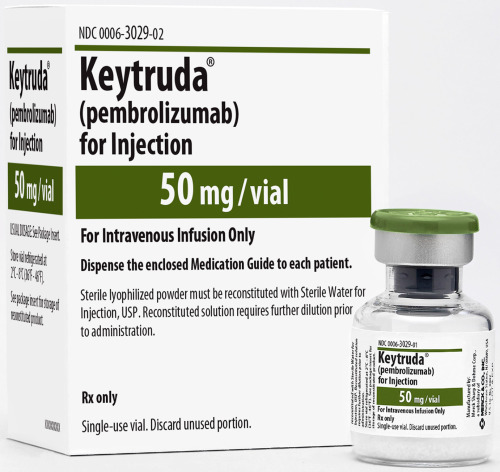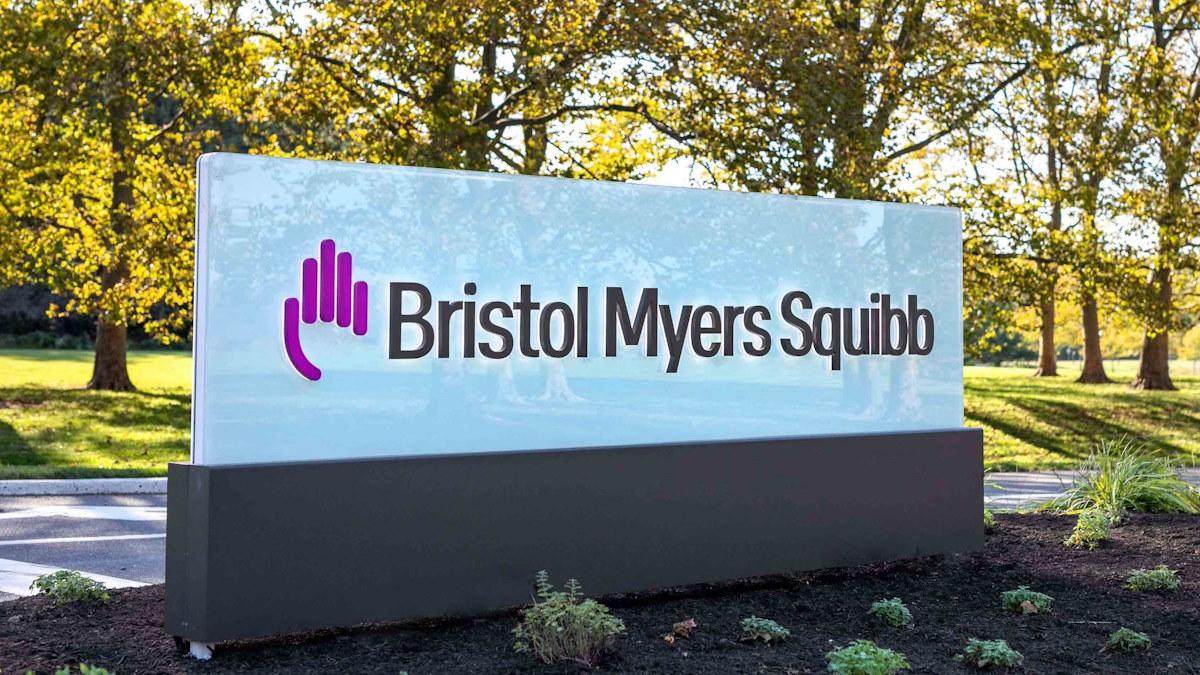Sales of Keytruda double ahead of key lung cancer decision

Merck & Co has posted strong Q1 results showing its Keytruda cancer immunotherapy is gaining market share – ahead of a key FDA decision that could see the drug approved in a wider group of lung cancer patients.
Sales of Keytruda (pembrolizumab) have more than doubled since the same period last year, increasing from $249 million to $584 million in the first three months of 2017.
The company's total sales increased 1% to just over $9.4 billion, although exchange rates had a slightly negative effect on the figures.
Keytruda, which has been approved in a range of cancers with more uses to come, gained a major advantage over its rival, Bristol-Myers Squibb’s Opdivo (nivolumab) last year.
In October last year, the FDA approved Keytruda as a first-line monotherapy in patients with metastatic non-small cell lung cancer (NSCLC), although only in patients who express the PD-L1 biomarker.
Approvals in Europe and Japan following swiftly, putting Keytruda in pole position to be the new standard of care for the single biggest group of cancer patients globally.
Merck says that NSCLC prescribing already represents the lion's share of Keytruda revenues, accounting for 40% of sales. Melanoma (30%), head and neck cancer (15%) and others (15%) are also making a major contribution.
Keytruda's success is even more marked as Opdivo dramatically failed to show efficacy in NSCLC, after BMS attempted to show its drug could work for all NSCLC patients, regardless of PD-L1 status. It is looking to new combinations to regain the upperhand.
Investment bank Jefferies say the checkpoint inhibitor immunotherapy market could eventually be worth $20 billion, with Keytruda set to be the dominant product.
Opdivo is still outselling Keytruda, amassing sales of more than $1.1 billion this quarter, but some analysts predict that Merck’s drug could overtake it this year.
The FDA’s decision on Keytruda in combination with chemotherapy in first-line lung cancer, irrespective of PD-L1 status could be a turning point.
The regulator is due to make a decision on this new use by next Wednesday, after a filing from Merck in January.
BMS is also chasing the wider first-line lung cancer indication with its Opdivo and Yervoy (ipilimumab), but the FDA has decided not to give this combination a fast review.
Roche's Tecentriq is the third significant player in NSCLC immunotherapy, having gained approval in these PD-L1 positive patients in October.
Meanwhile, AstraZeneca has high hopes for its combination of durvalumab and tremelimumab in first line lung cancer, but late-stage trial data has not yet been revealed.
But there are concerns that these two other combinations will have worse side effects than the Keytruda combination, giving Merck the double advantage of being first to market with a more patient-friendly product.













